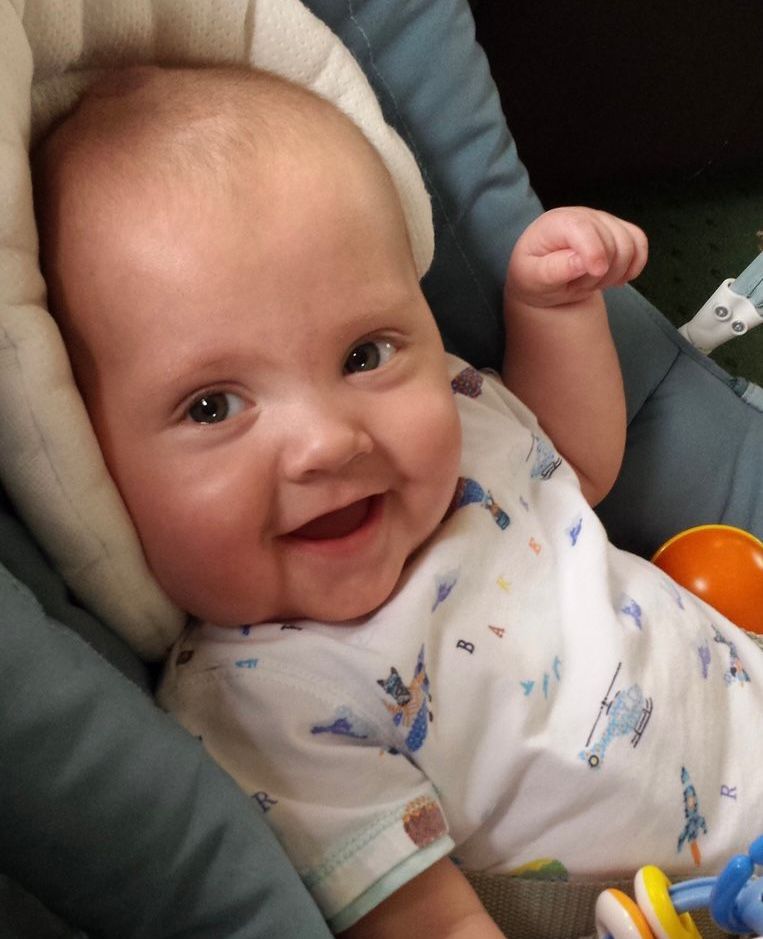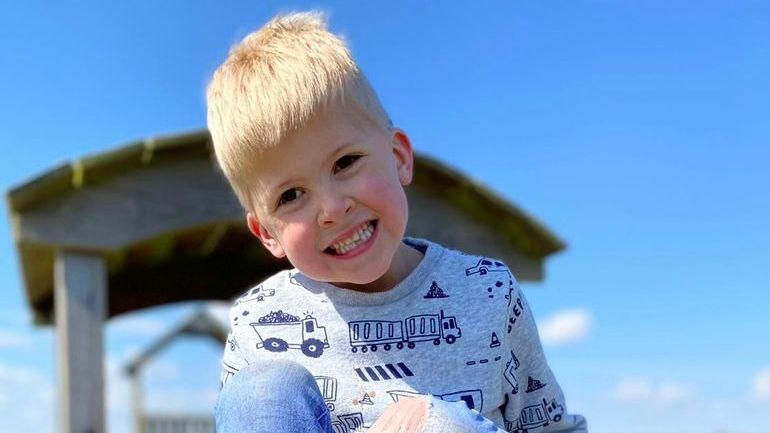Children with hearing problems were misdiagnosed for almost a decade, despite managers at NHS England being explicitly warned about the problem in 2014, a leaked report has revealed.
Hundreds of children are now known to have been harmed by the failures in testing, which meant some were wrongly diagnosed as deaf, while others were told they had no problems when, in fact, they needed a hearing aid or cochlear implants.
Without sound to stimulate the brain, a child’s development can be severely stunted, with many failing to develop speech, becoming frustrated and even violent. In some cases children are classed as learning disabled. About 600 babies a year are born with congenital hearing loss in England.
The NHS launched a nationwide review of children’s hearing services in 2023, after problems were first identified at five hospitals. According to the most recent figures from April, at least 775 children across England have been recalled by hospitals amid fears they were misdiagnosed, with another 1,374 children needing to be seen.
• NHS may have missed thousands of deaf children in ‘huge national failure’
More than 300 children are known to have been harmed by the mistakes in testing, but this is likely to be a gross underestimate, NHS insiders say, as the current review into the scandal is not looking further back than 2018.
NHS England has previously been accused of ignoring warnings about the service, but now a crucial internal report reveals an attempt to raise the alarm by staff working in the newborn hearing programme more than 10 years ago.
The report, written by Sally Wood, a senior audiologist, and Jane Hibbert, the then national manager for newborn hearing screening in England, identified 37 out of 113 areas, where some or all parts of paediatric audiology services were judged as not meeting key standards of testing.
This included areas in Manchester, Birmingham, Leicestershire and London, as well as whole counties such as Essex, Gloucestershire and Cambridgeshire.
Crucially it warned a “failure to identify and manage a child with a congenital hearing loss has long-term implications for the child and family”.
The report was handed to bosses at Public Health England and to figures in the NHS including Professor Adrian Davis, the head of newborn hearing testing, and Dame Sue Hill, chief scientific officer for NHS England since 2002.
Despite the warning in 2014, the NHS pressed ahead with cuts that meant checks on hearing test services were abandoned from April that year.
Sally Wood, 71, now retired, said the current scandal was both predicted and preventable, with an unknown number of children paying the price for NHS England’s failure to act.
“We knew there were problems and it was going to lead to harm. This report was about us trying to flag it up,” she said, after being approached about the previously unpublished report.
“Our expectation was it would have gone on to Sue Hill. She would have been the natural person to take it.”
But she said after the report was completed there was no action.
“As far as I know, nothing much happened until the more recent years. It’s shocking really,” she added.
“It is all incredibly disappointing, because we know there has been avoidable child harm as a result of this.”
Separate from the NHS review, Wes Streeting, the health secretary, commissioned an independent inquiry into the scandal in April this year, after being “shocked” at the scale of the harm and how it was allowed to continue for so long.
Dr Camilla Kingdon, a former head of the Royal College of Paediatrics and Child Health, handed over her final report earlier in the summer, but it has not yet been published by the Department of Health and Social Care.
According to the Wood and Hibbert report, earlier quality checks had found that 13 out of 113 areas were failing to carry out tests properly on children between 2008 and 2013, suggesting the problems existed far earlier than previously acknowledged.
• ‘I had to beg for hearing tests’: the deaf children missed by the NHS
After the NHS reorganisation in 2013, the health service stopped all quality checks from April 2014. These checks measure testing services, staff and equipment against best practice.
One NHS insider said: “[The Wood and Hibbert report] was a real review of what was happening on the ground, of what the services were actually doing. It was obvious that there were problems and a difficult situation.
“NHS England was specifically warned. Over the years there have been numerous letters and warnings to Sue Hill and to NHS England medical director Steve Powis as well as others from different sources raising the issue.”
The 2014 report specifically identified auditory brainstem response (ABR) testing — the main test used to assess babies’ hearing — as “the highest risk area”.
This included Grimsby, where Tommie Denman’s hearing loss was missed on eight separate occasions. By the time he was four, he was almost non-verbal, his behaviour marked by frustration and violent outbursts. Doctors warned he might need to go to a special needs school.

It was only after a private referral that Tommie was correctly diagnosed and fitted with cochlear implants in 2020. His mother Kirstie said he was now “thriving”, adding: “The difference is just night and day. His speech is improving all the time, he’s won awards at school, and he can actually have conversations with us. But he’s still two and a half years behind where he should be, and has to have one-to-one help in school.”
She described the NHS failure to act on the 2014 report as “disgusting”.
Although her family have received an apology from the NHS, Denman said: “I dread to think how many families have been affected. How many children are living lives now that could have been completely different? It’s so upsetting.”

